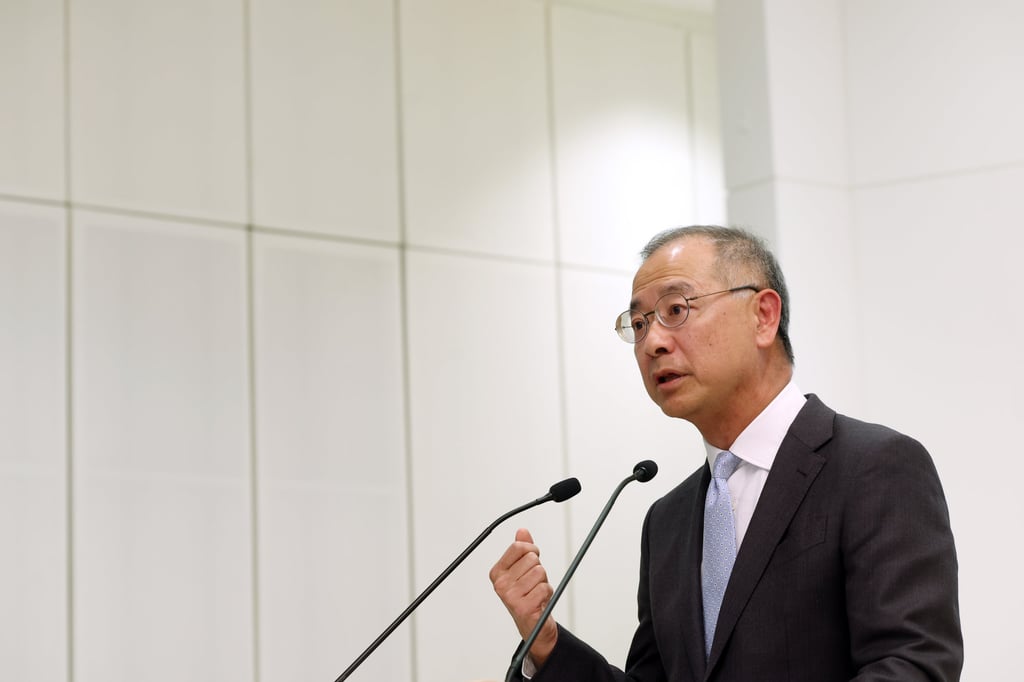Hong Kong’s war chest grows the most in 2 decades on bull market
Hong Kong’s Exchange Fund reported a record HK$194 billion (US$24.7 billion) in interim returns, as a bull run in the local stock market helped the city’s financial war chest chalk up its biggest six-month growth in more than two decades.
The fund returned HK$115.2 billion in the second quarter, an increase of 2.4 times of HK$47.8 billion in the same period a year earlier. This was the second consecutive positive quarter after a gain of HK$67.2 billion in the first quarter. The fund made a loss of HK$20.3 billion in the final quarter of 2024.
“The global financial markets experienced significant volatility in the first half of 2025 due to escalating trade barriers and frictions, as well as intensifying geopolitical tensions in the Middle East,” said Eddie Yue Wai-man, chief executive of the HKMA. “As the US and major economies made progress in tariff negotiations, investor confidence stabilised and global equity markets rebounded. The Hong Kong equities also benefited from capital inflows and the Hang Seng Index rose by about 20 per cent in the first half.”

The Exchange Fund, which stood at HK$4.297 trillion at the end of June, was established in 1935. It provides backing to the issuance of banknotes in the city and defends the Hong Kong dollar from attacks by hedge funds and currency traders. The HKMA, the city’s de facto central bank, invests the fund in stocks in Hong Kong and abroad, global bonds, overseas real estate and other long-term projects.